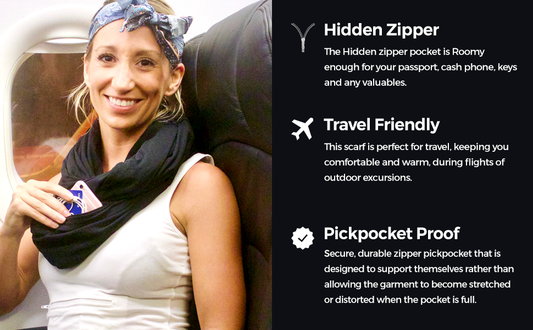What do you do if your luggage is lost, delayed or damaged?

If your luggage is delayed, goes missing or gets damaged on a flight, what sort of compensation are you entitled to? The Montreal Convention makes airlines responsible for the bags they allow you to check in, although their liability is limited to only around $1,500 per passenger.
Act immediately
Airlines are more likely to accept responsibility for missing or damaged luggage if you report the problem straightaway. Before leaving the luggage reclaim hall, go to the airline desk.
Fill out a form
you’ll be given a copy of the Property Irregularity Report (PIR) that’s used by airline staff to record the details. While this isn’t a legal requirement, and there maybe a reason why it’s not possible to get one (an unmanned desk at a small airport, for example) you’re still entitled to claim. But without a PIR, the process is likely to be more of an uphill battle.
If the bag is damaged
If you want to claim compensation, write to the airline within seven days of receiving your luggage, enclosing a copy of the PIR.

If the bag is missing
As well as personal and flight details, you’ll need to give an accurate description of a missing bag, recording any distinguishing features. A good tip (for the highly organised) is to keep a photo of your luggage on your phone in case you ever need to make this sort of report. Photographic evidence can also help if you are reporting damaged luggage.
Observe the deadlines
Write to the airline, enclosing the a copy of the PIR, within seven days of the flight. If your luggage turns up a day or two late, it’s up to the airline to make arrangements for getting it to you as efficiently as possible.
Monitor progress
where luggage doesn’t show up, you should be able to monitor it through the tracing procedure, either by contacting baggage services at the airport, the airline’s central department or by logging into an online baggage-tracing page with a reference number. This reference will relate to the luggage receipt usually attached to your passport or boarding card at check-in or bag-drop, so you’ll need to keep it to hand. If there’s no sign of it after three weeks, the bag will be declared lost.

Check the rules
If your bag has gone missing on the outward flight and you find you’re on holiday with no possessions, airlines are obliged to cover costs of “essential items”. However, this definition can be a sticking point when it comes to compensation. Depending on the attitude of the airline, it may argue that “essential items” are classified as toiletries, underwear or laundry costs rather than a brand new outfit. In most cases the airline will track down your bag quickly and return it to you within a couple of days.
Make a claim
Ask the airline what its policy is and keep receipts for anything you buy. A potential complication is when your bag has been transferred to another one or two airlines within a single journey. In this case it makes sense to claim from the last one flown, as it’s this airline which usually handles the claim.
Compensation usually comes in the form of an upfront cash payment, a fixed daily budget or remittance once your claim and receipts have been submitted. A claim for a delayed bag must be sent to the airline’s customer relations department within 21 days of handing your luggage to the airline. Depending on various factors such as how complicated your claim is, and the time of year, it may take as long as a couple of months to process.
To claim compensation for missing bag, you must write to the airline within seven days of the luggage being declared lost.
Check your insurance policy
However, you’re likely to find the airline tries to pass the buck by suggesting you take the issue of compensation up with your travel insurer. Depending on your policy, you may get a higher level of cover this way. Be sure to check your insurer’s excess charge and small print first - some policies provide minimal or no cover for luggage while in the care of an airline.
This article originally appeared in the telegraph.co.uk





